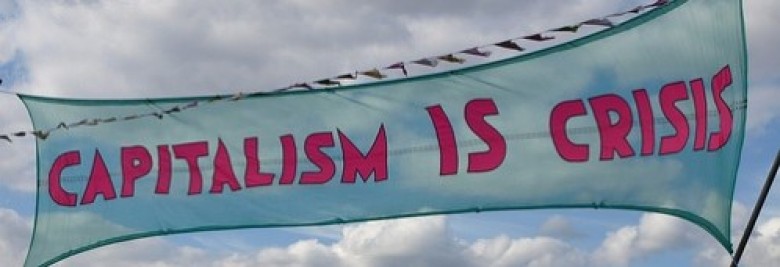RE-ENGINEERING THE FUTURE?
Tate Britain, London
Friday 10 April 2015, 19.30 – 20.30
FREE
All discussions will be held in the Clore Auditorium at Tate Britain 19.30–20.30.
Attendance is free but tickets will be given out on a first-come-first-served basis from 18.00 in the Clore Foyer
Part of the series Speculative Tate
This panel brings together three leading political thinkers, Nina Power, Nick Srnicek (via Skype), Alex Williams and chaired by James Trafford, to consider the ways in which we might think and construct a “future”.
This is surely a task that is an absolute necessity, given, for example, the breakdown of the planetary climate system; increasing wealth disparity, rentier economics; precarity and automation of labour; state bailouts. But at the same time, the future itself seems almost impossible, with the ultimate channeling of thought and action under the axiom of Capitalist Realism: there is no alternative.
The issue raises further concerns regarding “whose” future is under construction? We may rightly ask, for example, if anything can be retrieved from the narrative of “progress” given its alliance with Modernism and Neo-liberalism. On the other hand, the relinquishment of “progress” by the left has arguably left us in a political bind, wherein we have little way of constructing an alternative form of modernisation in a context where increasingly the transformation and automation of labour requires us to think precisely this.
The panel will discuss: Post-work society, automation and Universal Basic Income; How or if it is possible to “think” the future in a democratic way; Whether or not it is possible to restructure the left along the lines of a radical form of modernisation.
Biographies
Nina Power is Senior Lecturer in Philosophy at the University of Roehampton and Tutor in Critical Writing in Art and Design at the Royal College of Art. She has written widely on European philosophy and politics.
Nick Srnicek is a political theorist. He is the author of Manifesto for an Accelerationist Politics and the forthcoming Inventing the Future: Folk Politics and the Struggle for Postcapitalism (Verso 2015) (both with Alex Williams), and Postcapitalist Technologies (Polity 2016).
Alex Williams is a political theorist, working on the relationship between social complexity and political hegemony. With Nick Srnicek he is the author of the Manifesto for an Accelerationist Politics and the forthcoming Inventing the Future (Verso 2015).
See: http://www.tate.org.uk/whats-on/tate-britain/talks-and-lectures/re-engineering-future
**END**
 ‘Human Herbs’ – a song by Cold Hands & Quarter Moon: http://www.youtube.com/watch?v=Au-vyMtfDAs
‘Human Herbs’ – a song by Cold Hands & Quarter Moon: http://www.youtube.com/watch?v=Au-vyMtfDAs
Posted here by Glenn Rikowski
Glenn Rikowski @ Academia: http://independent.academia.edu/GlennRikowski
Glenn Rikowski @ ResearchGate: http://www.researchgate.net/profile/Glenn_Rikowski?ev=hdr_xprf
Online Publications at The Flow of Ideas: http://www.flowideas.co.uk/?page=pub&sub=Online%20Publications%20Glenn%20Rikowski
Volumizer: http://glennrikowski.blogspot.com
Rikowski Point: http://rikowskipoint.blogspot.co.uk/





